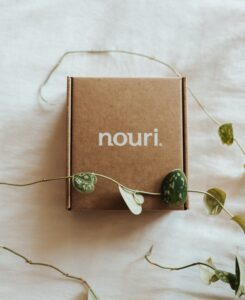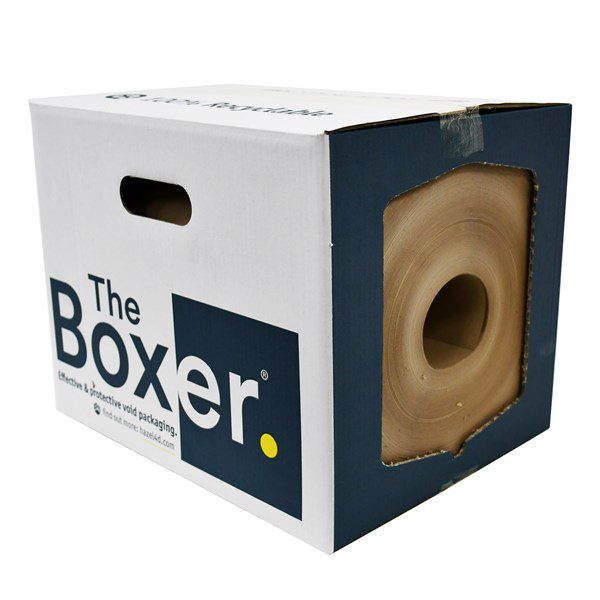Sustainable Packaging
Packing Tape

By: Hadyn Oliver
4 Minute Read
Your Questions Answered
ToggleRecyclable vs Compostable vs Biodegradable: How Do They Differ?
Who hasn’t heard of recycling, composting and biodegrading?
It’s become increasingly common in the past 5 years in governments, businesses and households. But the definitions are never very clear.
All are end-of-life scenarios that divert materials from landfill to reduce the environmental impact.
Some common questions around them are:
“What do they actually mean?”
“Why do i need to know about them?”
“How does it affect me?”
So, to help you understand it a bit better we got together and put this short guide together.
Lets get started …
Recyclable
Definition: This is the operation of reprocessing materials into new products. Preventing resources from ending up in landfill or incineration. Items are usually recycled into the same products or into a lower grade material.
Compostable
Definition: To compost something is to break it down within 6-12 weeks in industrial or home composting facilities. Packaging that is compostable has to have EN13432 certification.
Biodegradable
Definition: This is often confused with composting but in fact is different. This is the breaking down of materials naturally with no time frame. Products that biodegrade do not need certification or have an regulations. But don’t get this confused with degrading!
Cool, so that’s each term explained. But lets go a bit deeper.
With the world turning to sustainability, it’s important too understand the meaning of these 3 words. Eventually they will be on everything, everywhere, so you might as well get a head start!
1. Recyclable Packaging
Recycling is to keep the product out of landfill by creating another product out of it.
Recyclable materials include materials like paper, glass, metal, card, and some plastics. But, the most commonly recycled packaging material – corrugated cardboard.
By recycling materials, it lessens your environmental impact, but obviously it does have its limits like everything.
Most materials can only be recycled a limited number of times before it needs to be thrown away and incinerated. An example would be paper or cardboard, when it is recycled the fibres are shortened making the material weaker. At the moment, cardboard and paper can be recycled around 7 times before the fibres become too short and unusable. At this stage it is sent off for incineration.
When it comes to recycling plastic, most can only be recycled once, at which point they could be turned into clothing or some other commodity which can’t be recycled again. After that it also ends up in the incinerator. That is why plastic is becoming increasingly hated in the packaging world.
But hang on! Doesn’t that mean both are as bad as each other?
No, in actual fact, paper lets off less harmful gases when being incinerated, making it more eco-friendly than plastic. So paper is still the winner!
How can you help with recycling?
When it comes to recycling, everyone can do their bit,
Manufacturers and retailers can help consumers by using recyclable products, like paper packaging. But also, it’s important to clearly identify recycling information so consumers know what to do with the product/packaging when they are finished.

2. Compostable Packaging
Now we are getting somewhere.
Products labelled as “compostable” usually means they are made from natural materials. So when composted, they break down without leaving a toxic residue.
But don’t get mistaken, not every product can be just thrown into a home compost bin. Some products can only be composted in an industrial facility.
Products which are industrially compostable have to be certified with BS EN 12432/14955 and will usually show the seedling logo. You cannot throw these into your home compost, as they require a certain condition to breakdown.
These type of products have to be certified with BS EN 12432/14955 and in most cases show the seedling logo


In addition to the seedling logo above, the home compostable or industrial compostable logos should also be shown on the product and packaging.
3. Biodegradable Packaging
Biodegradable products are made from raw materials like cellulose and starch.
Packaging that is biodegradable decomposes naturally in an eco-friendly way. It happens through micro-organisms that break down the material under a certain temperature and humidity.
But don’t be fooled, a product labelled as “Biodegradable” is very misleading as it does not have a set time frame to break down. In fact, every material can break down, but some take years, and some take hours. Ensure you check with your supplier before purchasing something as “biodegradable”.
A big topic of interest in the recent years is the well-known “biodegradable” shopping bag. What an great idea, surely that will save tonnes of plastic?
Although these bags are biodegradable, they require a certain condition to break down, which produces harmful greenhouse gas emissions and just break down into smaller pieces of plastic in landfill!
So are they eco-friendly? We would have to say are as they are better than plastic bags, but still, not as good as paper bags.
Other than that, biodegradable products are a brilliant way to reduce your environmental impact. They are a big part of making packaging more sustainable and will increase in popularity as innovative solutions come into the market.

Wrapping Up
Hopefully that gave you a quick understanding of the 3 different types of end of life processes. If not and you would like to find out more, drop us a call, email, write to us, visit us, anything. Our friendly team are always up for a friendly chat.










